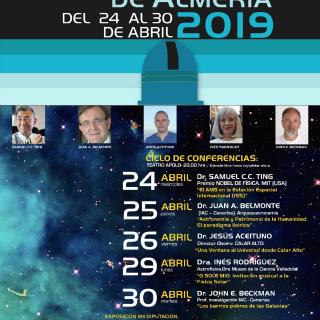Bibcode
Beckman, J. E.; Chan, S. J.; Li, A.; Borissova, J.
Bibliographical reference
Memorie della Societa Astronomica Italiana, v.86, p.635 (2015)
Advertised on:
2015
Citations
0
Refereed citations
0
Description
We report on our ongoing project "Statistical studies of HII regions in
the nearby extragalaxies". In EWASS 2014 we presented the overview of
our detailed study of warm dust in the nearby Galaxy NGC 4321 (M100),
which included new relations between the Halpha luminosity and the
near-IR luminosity and temperature of some 275 HII regions in M100. In
the present report, we show our new measurements the flux values in the
4 Spitzer-IRAC bands of a complete sample of 70 isolated luminous HII
regions in NGC 4736 and 157 regions in NGC 4254. We estimate the near-IR
luminosities and compare them with the Halpha luminosities from the
literature. We can now compare the results obtained from these three
galaxies. We find a linear relation between the Halpha luminosity and
the Spitzer IRAC luminosity in the near IR for the HII regions, but no
apparent relation between the luminosity and the colour temperature of
the regions in M00, and now in NGC 4736 and NGC 4254. The colour
temperatures of regions, notably in M100 and in NGC 4254 are confined to
a surprisingly narrow range, with only a small fraction forming a higher
temperature tail to the distribution. These results give new insight
into the size function and the 3D distribution of the dust in these
regions, and we propose scenarios to explain them.
Related projects

Kinematic, Structural and Composition Studies of the Interstellar and Intergalactic Media
The basic objective of the broject is to investigate the evolution of galaxies by deepening our understanding of the interaction between the insterstellar medium and the stars.The main technique which we use is the two-dimensional kinematic study of whole galaxies observed using our instrument:GHaFaS, a Fabry-Perot interferometer on the William
Prof.
John E. Beckman